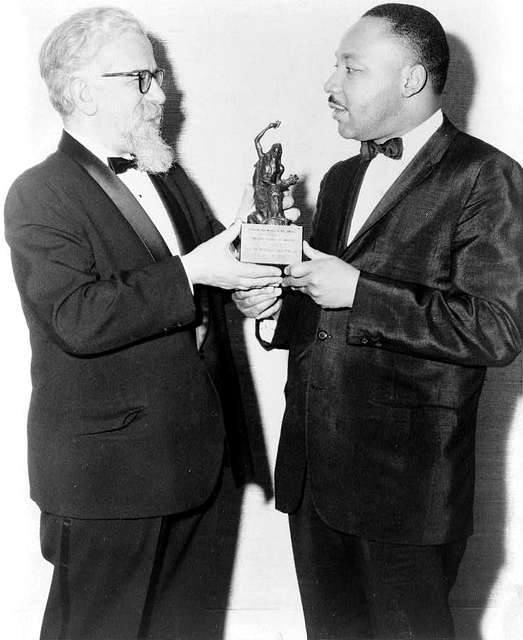
When I first started teaching 25 years ago and realized that teaching religion was my vocation, I threw myself into doing summer research so that I was prepared to teach scripture. My primary goal was to anticipate my students’ questions before they even asked. My secondary goal, though, was to be authentic to the faith traditions represented in the material.
If I was going to be presenting the Hebrew Bible to my students, I should understand and present the Jewish understanding of the Hebrew Bible before I offered the Christian understanding of the same texts. Understanding the Jewish perspective enlightens the Christian understanding. As I was researching and assembling my presentation for the ICJS Teachers Fellowship, I was confronted with the same responsibility.
Working with the program has been, at times, a humbling experience. I have faced my limitations as a teacher next to some extremely skilled educators. On the other hand, I have also learned that the religious world in which I live is not necessarily one which others occupy or know. And I have been forced to see that just because I think I “know” something or that I am presenting ideas well, I still have a limited perspective and incomplete knowledge.
The beauty of education, though, is that there is always an opportunity for continued growth and increased awareness when we have the humility to embrace it.
Perhaps the greatest challenge in presenting new information is to not be reductive and to treat the material with honesty and genuine appreciation for its value. While creating my presentation for the other teacher fellows entitled “I Have been to the Mountaintop: The Nature of Prophecy as Witnessed by Moses ben Amram, Martin Luther King, Jr., and Abraham Joshua Heschel,” I asked myself some questions: “How much information is too much?” and “How much information is enough?”
I am appreciative for the guidance of Matt Taylor and Christine Gallagher. They acknowledged my prior knowledge, but pointed out perspectives I had missed, which were necessary to fully appreciating my subjects.
They introduced me to PBS’s The Black Church, a miniseries exploring the African American Christian experience that enlightened me and helped me establish the religious context for Dr. King’s activism. Christine and Matt also steered me toward researching the virulent antisemitism of the early 20th century, which had informed the life of Dr. Heschel.
I also am indebted to my classmates who critiqued my presentation, noting weaknesses, ways I limited my perspective, or information that would make it more inclusive and well-rounded. And then there is the elevated bar of the class itself—scholars, experienced professional educators—a climate that demands the best work one can produce simply out of respect to those present. All of these factors combined to challenge me and humble me in my work.
At times, we are smug and overly contented in our knowledge of certain topics with which we feel familiar. “I know a lot about Dr. King and the Civil Rights movement” or “I know that the Nazis were antisemitic.” There is a pressing need, though, for us to go deeper and gain a greater understanding of the people and events we teach about. When our understanding deepens, we can detect how racism and antisemitism are present in our own context.
King and Heschel’s messages are as urgent and necessary today as they were 50 years ago. As educators, it is incumbent upon us to guide our students to embrace empathy, truth, and justice. The fellowship has driven home the need for understanding ourselves and our own traditions as well as those of others, as we strive toward a better future.
 Dan Knapp teaches theology at Loyola Blakefield and was a fellow in the 2021-2022 ICJS Teachers Fellowship. Learn more about the ICJS teacher programs for teachers here.
Dan Knapp teaches theology at Loyola Blakefield and was a fellow in the 2021-2022 ICJS Teachers Fellowship. Learn more about the ICJS teacher programs for teachers here.
Opinions expressed in blog posts by the ICJS Teacher Fellows are solely the author’s. ICJS welcomes a diversity of opinions and perspectives.